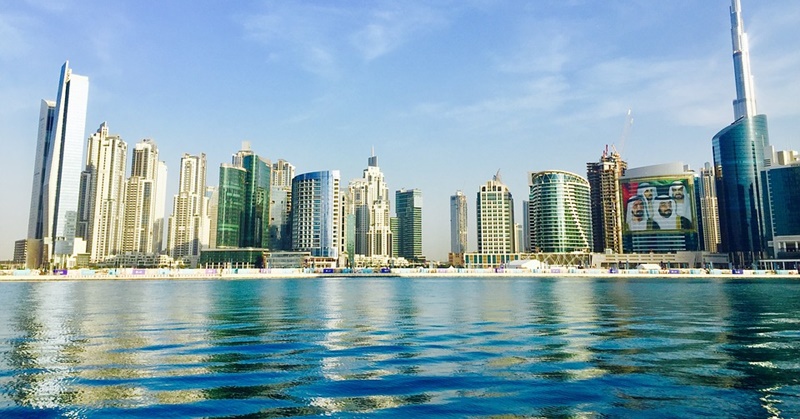The appeal of a high standard of living, low taxation, and lucrative salaries – on top of the bright, sunny weather – are among some of the things which have attracted expatriates to live in the UAE.
However, many expats living in the country do not have plans on staying there for the rest of their lives. This just highlights the unspoken fact the expat life is typically transient. Because of this, you need to consider the length of time you are planning to remain in the UAE and to make the most of the competitive financial rewards and tax-free environment during this period.

[Guide] Financial Questions to Ask Yourself When Living in UAE
Here are several financial questions expats based in the UAE should ask themselves in order to profit from their time in the region:
- Is there an expat package I can get? What are its benefits?
Expat packages in the past traditionally include accommodation, education, and travel allowances. However, in recent years, expat packages no longer include all of the said benefits, or at least not to the same degree.
Factor in these things, because the lack of them would inform your financial planning, thereby reducing disposable income.
- What taxes do I have to pay?
In terms of your take-home income, as a resident in the UAE, you get to enjoy a tax-free lifestyle on your earnings. However, an expat’s tax residency may determine their global tax implications.
Let’s take a look at the UK for example, although a UK expat living in the UAE doesn’t pay tax, it doesn’t necessarily mean that expatriates will be exempt from paying tax in the UK.
Different countries follow different tax regulations, and the amount taxed depends on which country you are a tax resident of. Fortunately, most countries have double taxation treaties to reduce expats’ tax liability. Certain countries offer an earnings threshold or minimum limit to global earnings before taxation. These rules are specific to different countries, and it’s important that you research on this before deciding to move into another country overseas.
- How can I make sure that I get to save enough?
Saving is highly integral to financial independence and generating wealth. It allows us to become financially secure and provides a safety net in light of unforeseen circumstances or emergencies that may occur.
Many expats coming into the UAE work there for an average of between three and five years, so it’s crucial that they make the most of it. It would be most disappointing to leave without having accumulated more savings than if they’d remained in their home country.
And one of the more effective ways for expats in the UAE to save is to consider they are working in their home country and paying income tax. At the end of every month, pay a percentage of the income tax and allocate it to their savings. It’s a simple discipline, and together with the right savings plan, it can ensure individuals are on the right track to future financial freedom.
Another thing to consider is getting offshore savings plans as a way to earn a better rate of interest than onshore alternatives. The majority are multi-currency, and there is a vast range of account types such as easy access, notice, no-notice, fixed-rate and monthly interest – and, most importantly, they allow you to build funds for the future.
- What happens with my financial adviser should I relocate?
Given the fact that expats tend to move from one country to another within a certain period of time, t’s vital that wherever they may move to in future, their finances will be looked after and they enjoy continuity of service, with a financial advisory firm with cross-border expertise and a global presence.
On that note, seeking the right financial advice is crucial to making the most of their time in the UAE, safeguarding their assets and securing their financial freedom based on their goals.
Living in the UAE as an expat can be a rewarding experience, as mentioned earlier. However, there are certain things that we need to plan ahead for in order to maximize our stay in the country, especially if we are planning to retire somewhere else in the future.
ALSO READ: Why is the UAE Pension Fund Necessary for Expats?
